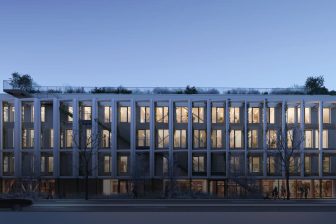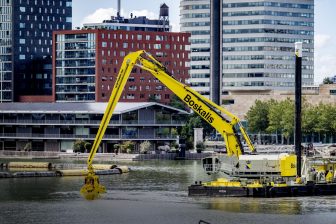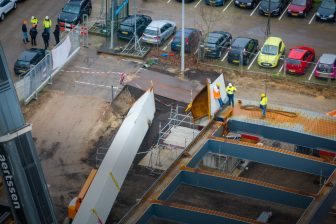ADB $75M to dams, irrigation canals Pakistan
Pakistan to Get $75M to Help Farming
MANILA, PHILIPPINES – The Asian Development Bank (ADB) will provide Pakistan with $75 million in loans to build several multipurpose dams, irrigation canals and drinking water supplies across the Potohar Plateau near Islamabad.
The project will improve the livelihoods of about 22,000 farming households by bringing irrigation to 11,500 hectares of agricultural land that used to rely on irregular and unpredictable rainfall, as well as improving existing irrigation networks across another 10,000 hectares.
The project will also increase supplies of water for domestic use to rural communities and small towns in Punjab province’s districts of Attock, Rawalpindi, Jhelum, and Chakwal.
“Without secure water sources, farming in rain-fed ‘barani’ areas usually has low productivity and carries high risk because crops often fail when there is drought,” said Arnaud Cauchois, Rural Development Specialist at ADB. “Barani” is a term used in Pakistan to refer to agricultural areas dependent on rain.
“This project will give farmers a reliable water supply, which will increase crop and livestock productivity and therefore increase people’s incomes. At the same time, it will increase households’ access to cleaner water, therefore reducing sickness and mortality rates caused by waterborne diseases.”
The construction of dams across the Potohar Plateau started as early as the 1960s. But they were not as beneficial as had been hoped because local communities rarely participated in their development, farmers did not get the financial and technical support necessary to switch from rain-fed agriculture to irrigated farming, and there was no watershed management resulting in a high reservoir sedimentation rate.
In this new project, a more holistic approach is being used that is simultaneously looking at upstream watershed management and downstream irrigated area development. It will also involve local communities to ensure the project is demand driven.
Farming is the traditional source of livelihoods across Pothowar, but crop yields in the “barani” areas have been typically less than half those in areas with river-fed irrigation. The traditional crops are wheat and gram in winter and sorghum, millet, groundnuts or maize in summer when rainfall is sufficient.
Out of the total loan package, $20 million will be concessional and will carry low interest rates, while the balance of $55 million will be provided from ordinary capital resources under ADB’s London interbank offered rate-based lending facility.
U las zojuist één van de gratis premium artikelen
Onbeperkt lezen? Profiteer nu van de introductieaanbieding voor € 10,- per maand.
Bent u al abonnee?



